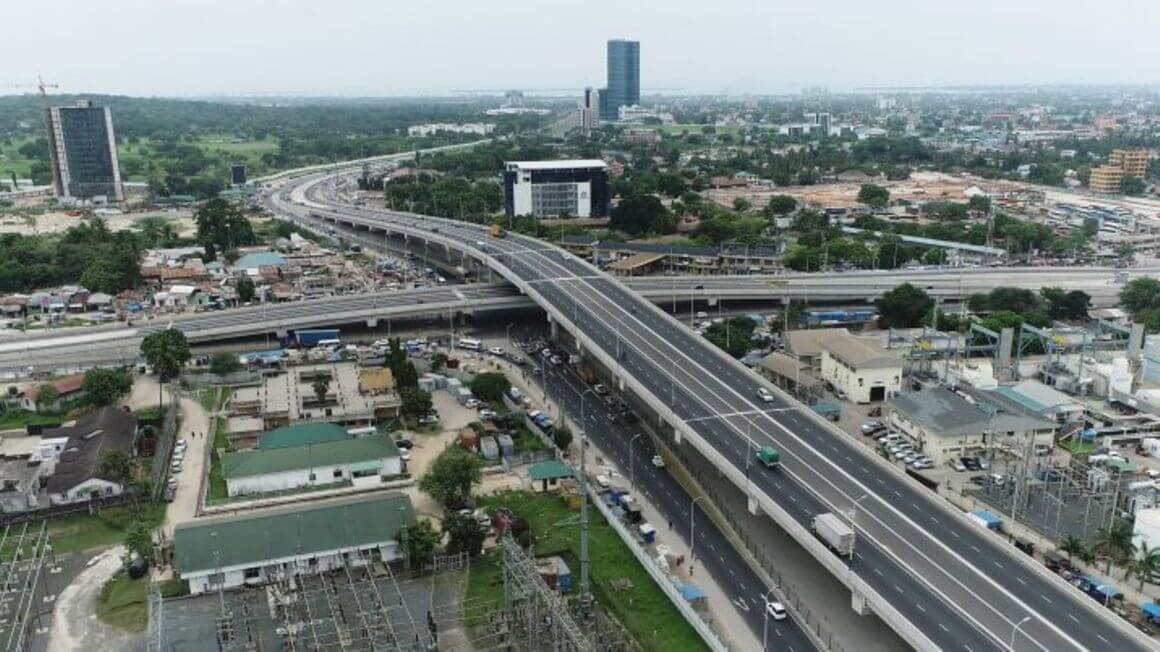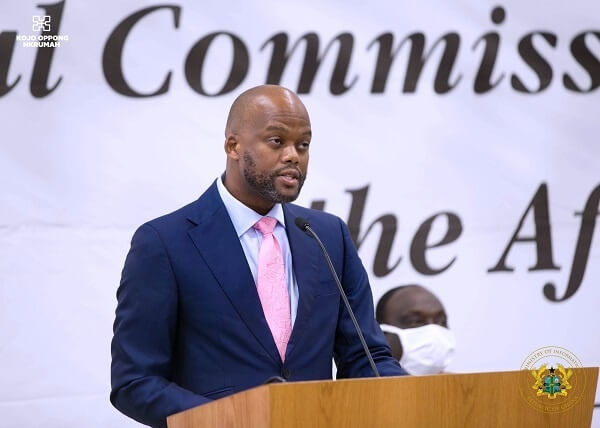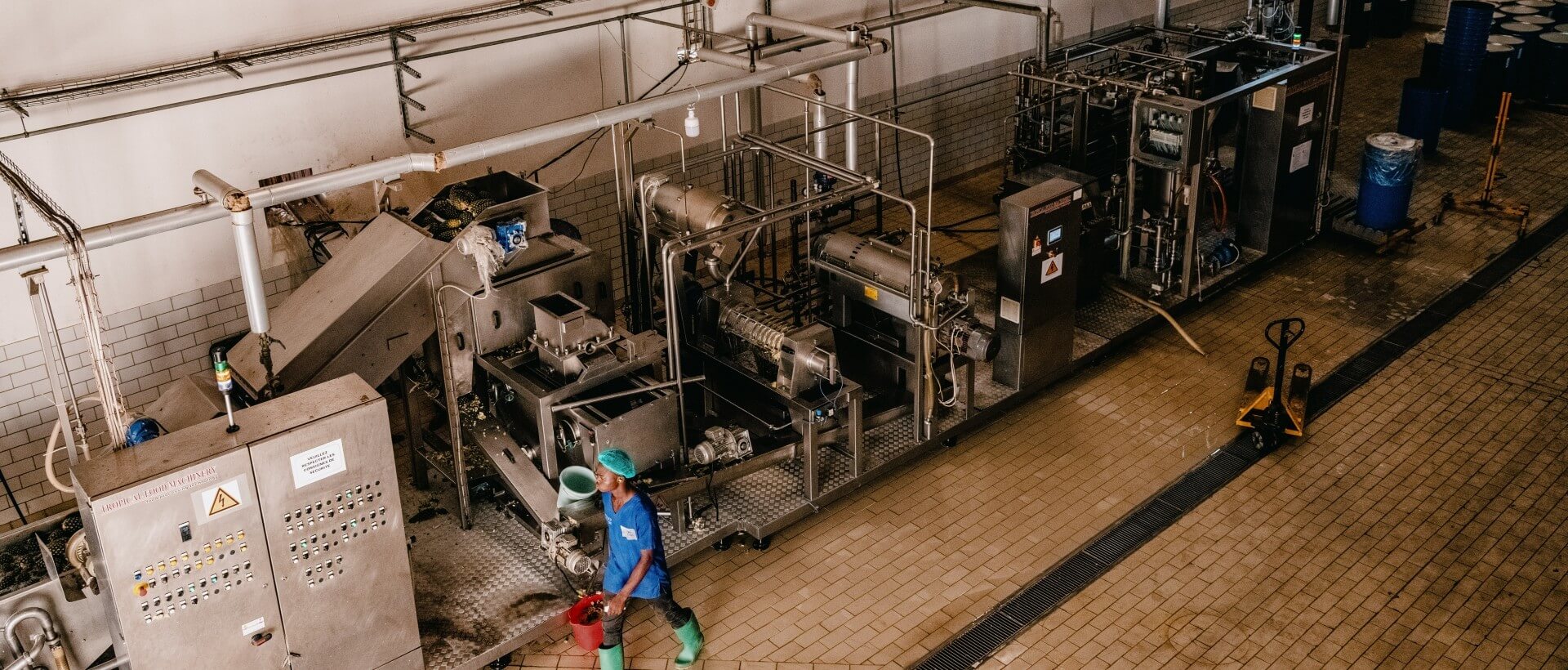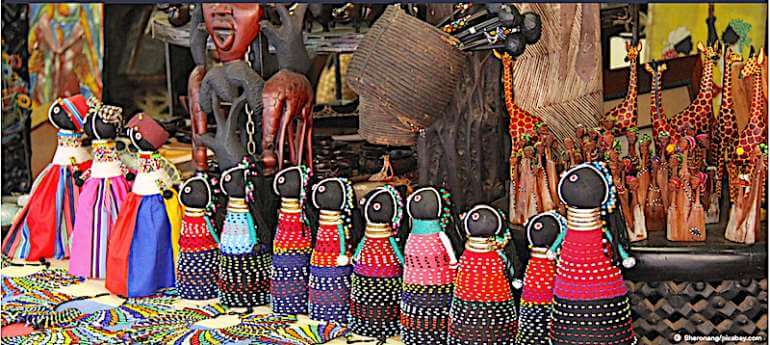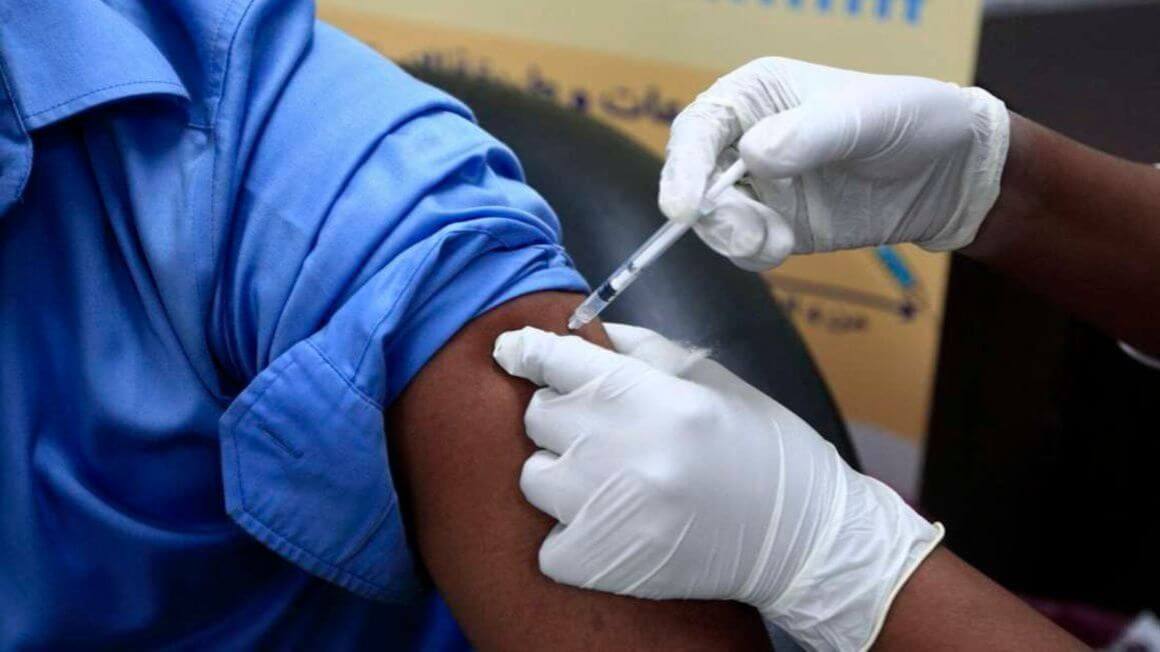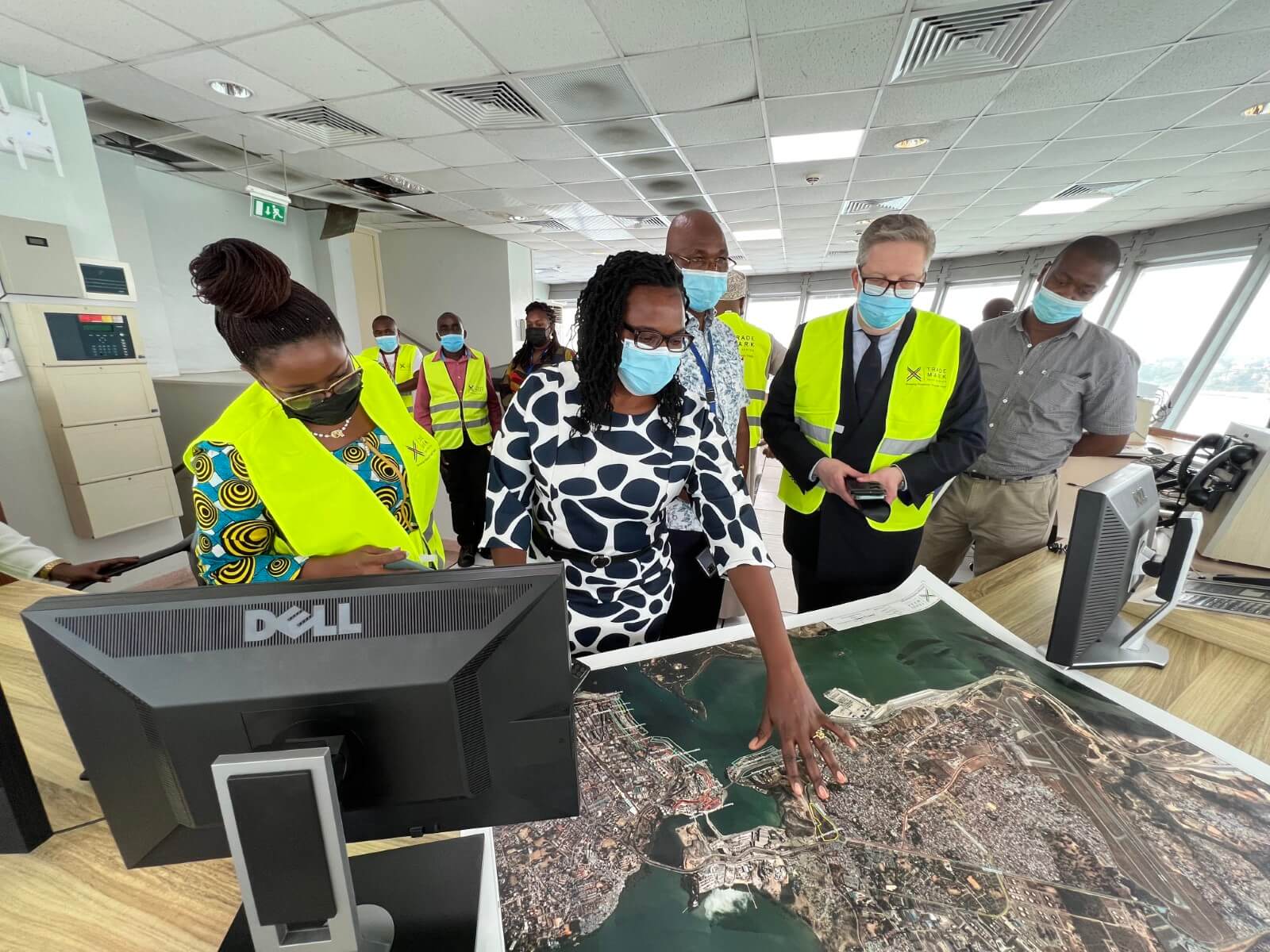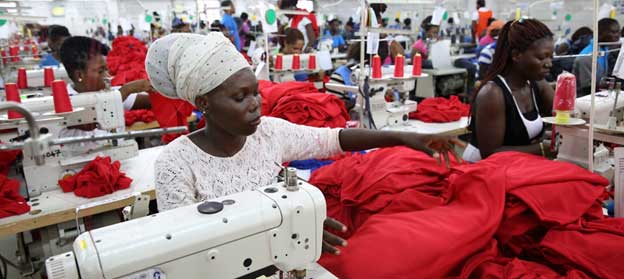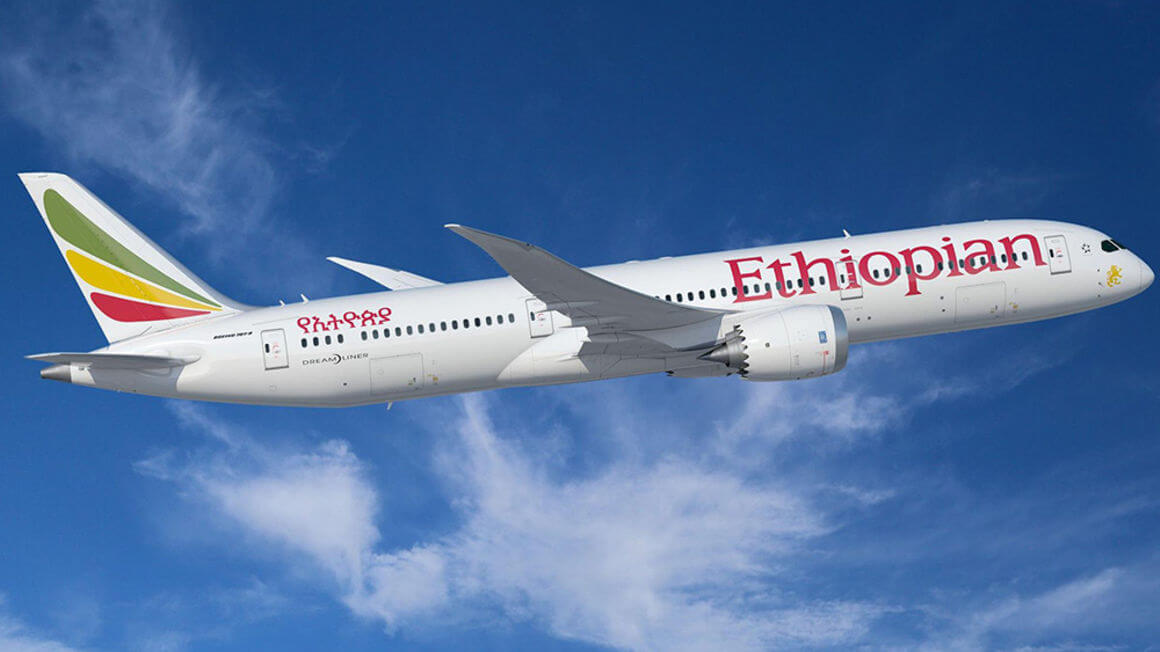The African Continental Free Trade Area (AfCFTA) is expected to increase intra-African trade in transport services by nearly 50 percent, according to the latest estimate by the UN Economic Commission for Africa (UNECA). The UNECA, noting that Africa’s transport sector is set to strongly benefit from AfCFTA, said in a statement sent to Xinhua Friday that a recent estimate entitled the “Implications of the AfCFTA for demand for transport, infrastructure and services” indicated that with AfCFTA in absolute terms, more than 25 percent of intra-African trade gains in services would go to transport alone; and nearly 40 percent of the increase in Africa’s services production would be in transport The study conducted by experts in the Energy, Infrastructure and Services Section of UNECA unpacks AfCFTA investment opportunities in the transport sector. According to the findings, AfCFTA requires 1,844,000 trucks for bulk cargo and 248,000 trucks for container cargo by 2030. This increases to 1,945,000 and 268,000 trucks, respectively, if planned infrastructure projects are also implemented. The largest demand for trucks to support AfCFTA is within West Africa at 39 percent; demand from West to Southern Africa is 19.8 percent and from Southern Africa to Western Africa by 9.9 percent. UN Under-Secretary-General and Executive Secretary of UNECA Vera Songwe said the AfCFTA is “expected to significantly increase traffic flows on all transport modes – road, rail, maritime, and air,” but that such gains will only be optimized if the AfCFTA is accompanied by the implementation of regional infrastructure projects. On the...
UNECA projects free trade pact to boost Africa’s transport sector
Posted on: February 14, 2022
Posted on: February 14, 2022

